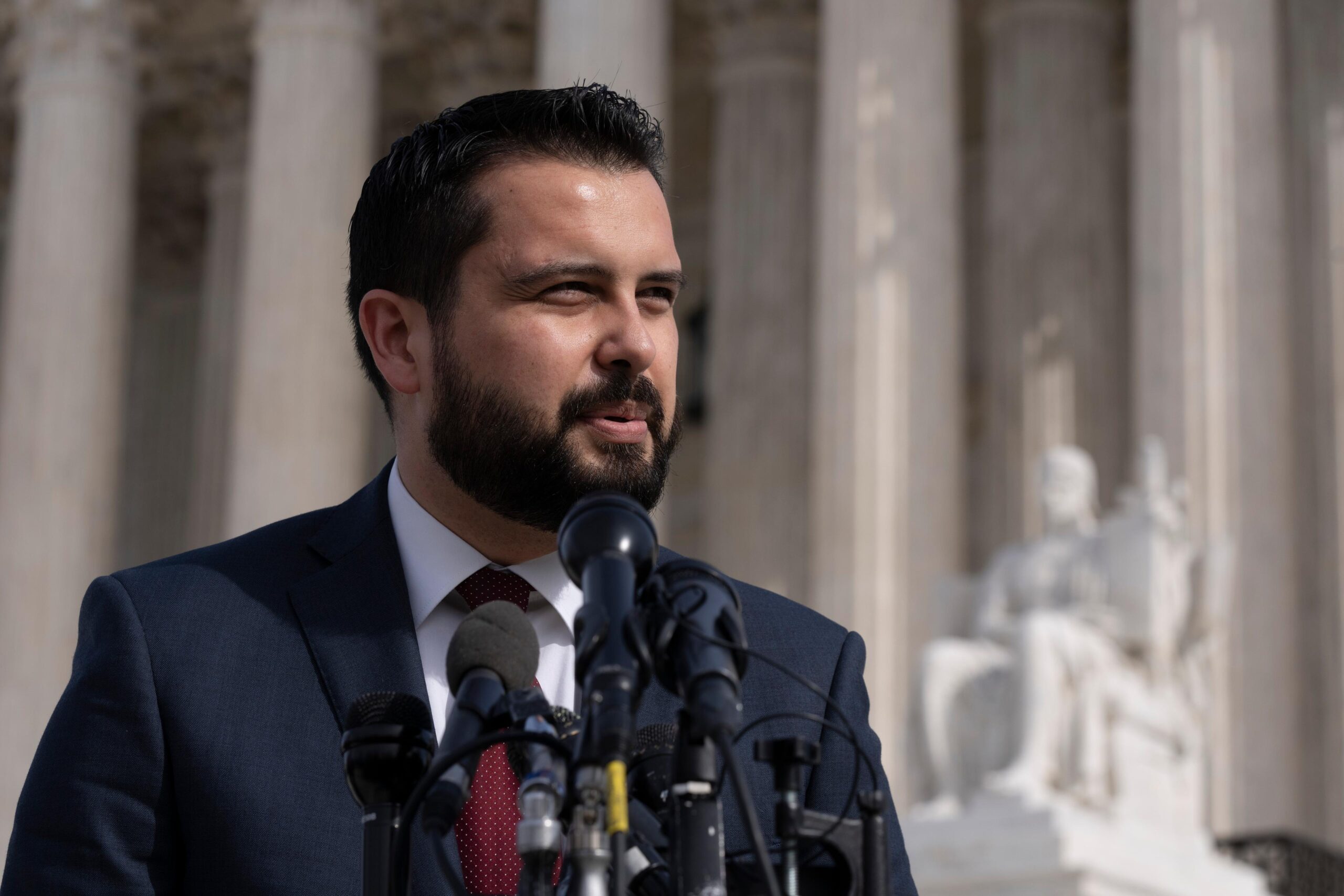
Table of Contents
As November draws near, the political scene among Colorado Republicans is turning out to be progressively disagreeable, especially among conservatives who keep on casting ballots against confirming political decision results. This pattern raises critical worries about the honesty and solidity of the state’s electoral cycle, featuring a more extensive public issue regarding confiding in races and majority rule organizations.
The Context: A National Trend with Local Impacts
Since the 2020 official political race, distrust towards political race results has been a developing pattern among specific groups of the Conservative Faction. This incredulity, frequently energized by unwarranted cases of far and wide electoral cheating, has prompted a refusal by certain conservatives to acknowledge ensured political decision results. Colorado, generally a swing state, has seen its portion of this peculiarity, with conservative authorities and citizens progressively scrutinizing the legitimacy of political race results, in any event, when no significant proof backings these cases.
Why Some Colorado Republicans are Voting Against Certification
Republicans in Colorado who vote against certifying elections have given several justifications:
- Mistrust in the Election Process: Many Republicans, influenced by national rhetoric, express doubts about the security and fairness of the electoral process. Concerns range from allegations of malfunctioning voting machines to fraudulent mail-in ballots.
- Political Strategy: For some, opposing election certification aligns with broader party strategies aimed at mobilizing the Republican base. By challenging election results, these politicians position themselves as defenders of electoral integrity, appealing to voters who are similarly skeptical.
- Pressure from Constituents: Local Republican leaders often face pressure from their constituents, who may hold strong beliefs about election fraud. Voting against certification can be seen as a way to maintain political support and avoid backlash from within their own party.
The Implications for Colorado’s Political Landscape
The refusal to certify elections has several implications for Colorado:
- Erosion of Trust: Consistent challenges to certified election results undermine public trust in the electoral system. If voters believe that elections are not fair or secure, this can lead to lower voter turnout and a disengaged electorate.
- Legal and Administrative Challenges: Voting against certification can result in prolonged legal battles, costing time and resources. These challenges can delay the finalization of election results, creating uncertainty and potentially hindering the transition of power.
- Polarization: This trend contributes to the increasing polarization of Colorado’s political environment. When one party consistently questions the legitimacy of election outcomes, it exacerbates divisions and makes bipartisan cooperation more challenging.
Looking Ahead to November
With the November elections on the horizon, the actions of Colorado Republicans will be closely scrutinized. As the state prepares for gubernatorial, congressional, and local elections, the question remains: Will the trend of voting against certifying elections continue, or will there be a shift towards accepting certified results?
Conclusion
The ongoing trend of Colorado Republicans voting against certifying elections reflects broader national challenges surrounding trust in democratic processes. As November approaches, the need for clear communication, transparency, and accountability in the electoral process is more crucial than ever. Only by addressing these concerns can Colorado ensure that its elections are fair, free, and trusted by all citizens, regardless of party affiliation.
Read More: 12 Custom Spotify Wrapped Templates